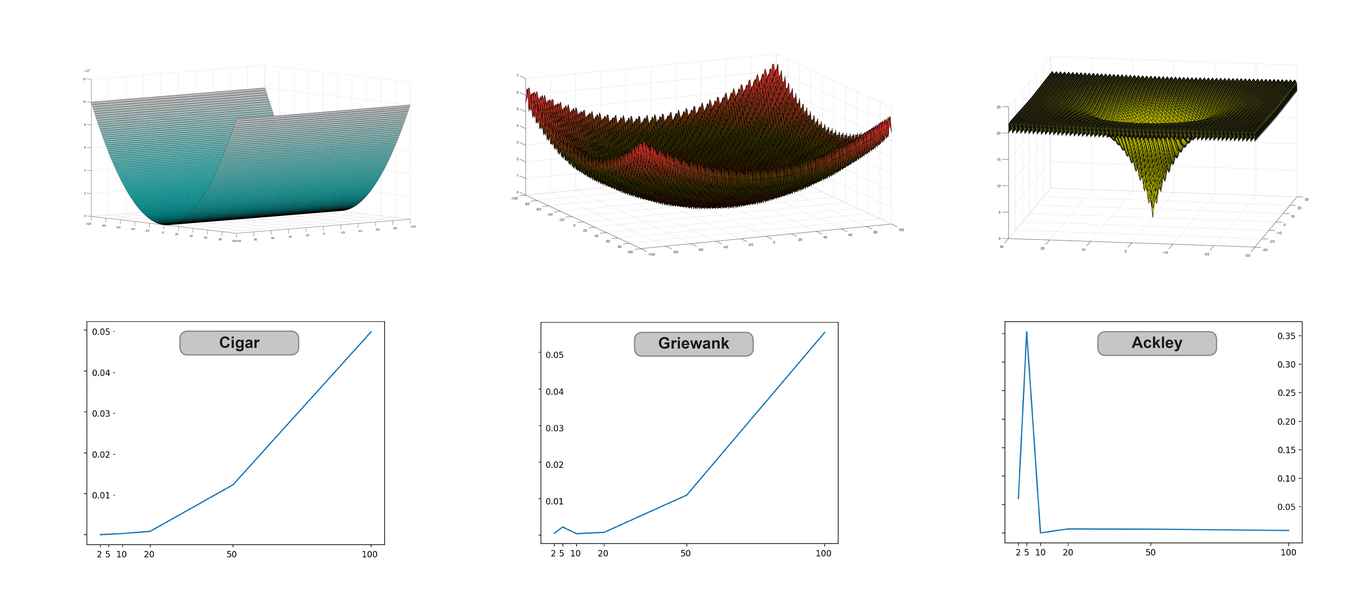Marleen de Jonge publishes work at ECTA'20
30 September 2020

Critical Dimensions in Algebraic Function Landscapes for Heuristic Algorithms
In many problems, finding an optimal solution is simply impossible; the runtime, even for all computers on earth combined, would take longer than the lifespan of the universe. That's why we have heuristics; they give us relatively good answers in little time.
Different heuristic methods, such as simulated annealing, plant propagation or genetic algorithms, are often compared on performance and runtime budgets. For these kinds of comparisons, we often use algebraic function landscapes because we know what they look like. We know where the optimum is, for instance. For many real-world problems, such as university timetabling, we don't know where the optimum is, or even what it looks like, so using these benchmark test functions has great advantages.
Plant propagation algorithm
An exception is the plant propagation algorithm. It has only a few parameters, and was shown it to be relatively unsensitive to specific settings in a previous paper by Marleen de Jonge [1]. Now, there's a follow up. A test on much larger scale, and on function landscapes that range from 2 to 100 dimensions, taken from a paper by Wouter Vrielink, lecturer Heuristics in Minor Programmeren at UvA [2][3].
ECTA’20 will be held 2-4 November 2020.
[1] “Plant Propagation Parameterization: Offspring & Population Size” Marleen de Jonge, Daan van den Berg, Evo* 2020
[2] “Fireworks Algorithm versus Plant Propagation Algorithm” Wouter Vrielink, Daan Van den Berg, IJCCI 2019: Proceedings of the 11th International Joint Conference on Computational Intelligence
[3] www.mprog.nl
[4] “Parameter Sensitivity Patterns in the Plant Propagation Algorithm” Marleen de Jonge, Daan van den Berg, IJCCI 2020: Proceedings of the 12th International Joint Conference on Computational Intelligence
